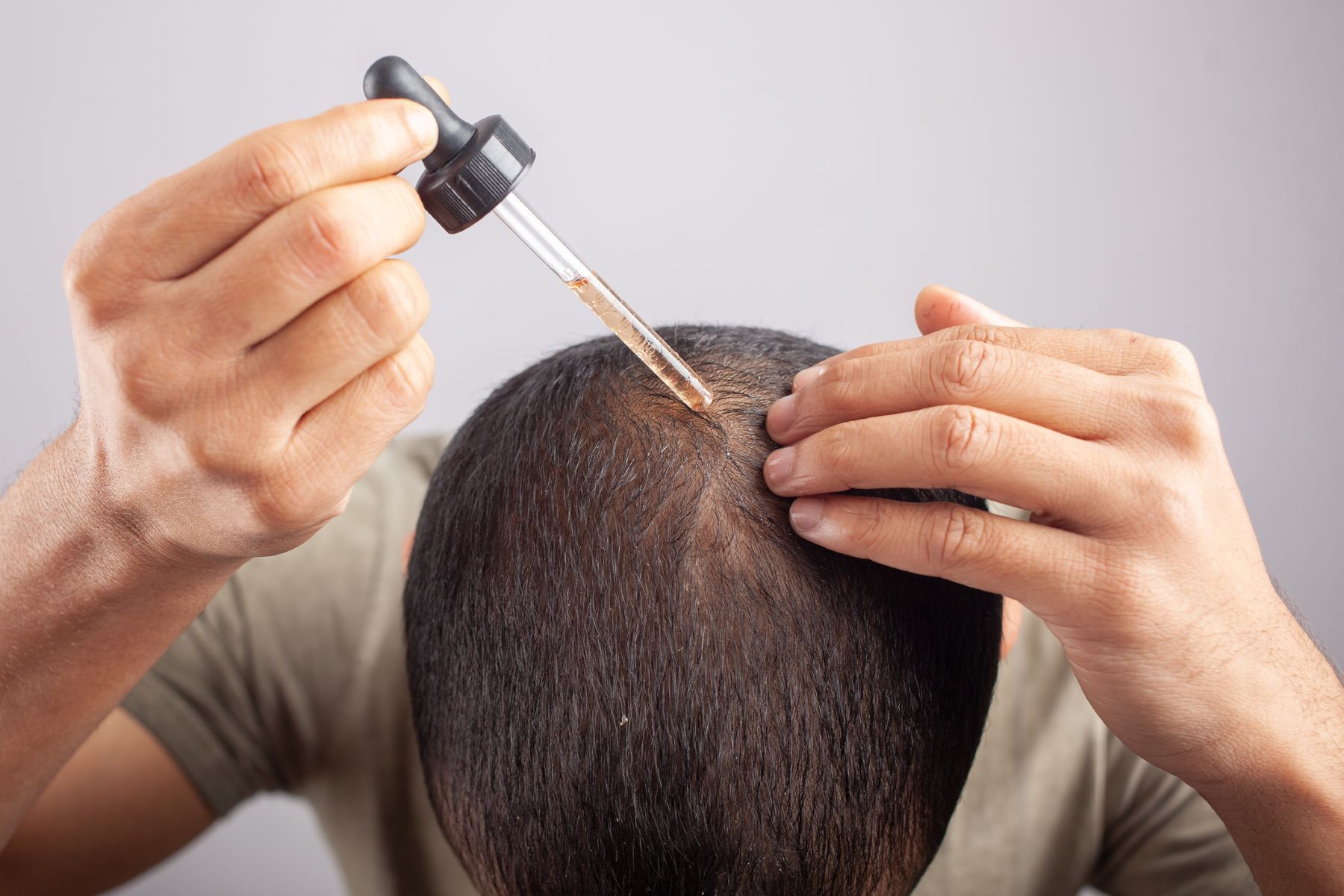Hair loss can be a distressing experience, affecting not only an individual’s appearance but also their mental well-being. Many people seek solutions such as hair transplants Turkey, to combat the issue. However, understanding the psychological ramifications of hair loss and the possible benefits of hair transplantation is crucial.
The Emotional Consequences of Hair Loss
Hair loss is often perceived as a significant aesthetic concern, but its implications go far beyond physical appearance. For many, hair is tied to identity and self-worth. The onset of hair loss can therefore lead to a variety of emotional and psychological issues.
One of the most common feelings associated with hair loss is a loss of confidence. This can stem from the societal emphasis on appearance and youth. As hair thinning or baldness starts to set in, individuals might feel that they are losing a part of themselves or that they are becoming less attractive. This is especially true in social or professional settings where appearance often plays a crucial role.
Additionally, hair loss can lead to anxiety and depression. The fear of complete baldness or the frustration of dealing with ongoing hair thinning can create a persistent state of worry. This anxiety can affect various aspects of life, from social interactions to job performance. In severe cases, individuals may even isolate themselves to avoid the perceived judgement of others.
The Psychological Benefits of Hair Transplants
While hair loss can have profound psychological impacts, hair transplants offer a viable solution for many. The benefits of undergoing a hair transplant extend beyond the obvious physical improvement. They play a significant role in boosting mental health and self-esteem.
One of the primary benefits is the restoration of confidence. When individuals undergo hair transplants and see positive results, they often experience a surge in self-confidence. This newfound confidence can rejuvenate their social lives, enabling them to engage more actively and positively with others.
Furthermore, knowing that there’s a solution to their problem can alleviate much of the anxiety associated with hair loss. This decreased stress can improve an individual’s overall quality of life. They might become more open to opportunities they previously shied away from due to their insecurities.
Improved Self-Image and Mental Health
A better self-image is another major psychological benefit of hair transplants. When individuals are satisfied with their appearance, it positively influences their mental health. They tend to feel happier and more content, which can manifest in various positive ways in their everyday lives.
Improved self-image can also lead to better interpersonal relationships. When someone feels good about themselves, they are likely to project positivity, thereby attracting positive social interactions. This can create a reinforcing cycle of confidence and happiness.
Additionally, the act of taking control over one’s appearance and making proactive steps to improve it can be incredibly empowering. This sense of control can reduce feelings of helplessness or sadness, often associated with hair loss, and replace them with a sense of empowerment and resilience.
Conclusion
The psychological impact of hair loss is profound, affecting self-esteem, confidence, and overall mental health. However, hair transplants offer a beacon of hope, providing not just a physical transformation but a significant psychological uplift. For those struggling with hair loss, understanding these benefits can be the first step towards reclaiming their confidence and improving their quality of life.

